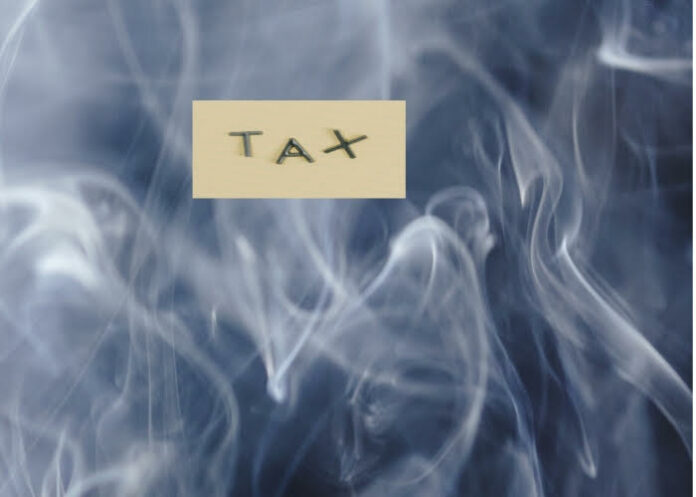National Treasury’s proposed tax on electronic nicotine and non-nicotine delivery systems – known colloquially as vaping devices – is ostensibly meant to curb the growing popularity of vaping because of the potential harm these products pose.
In its discussion document released in December, Treasury quoted the World Health Organisation, which maintains that not enough is known about the health consequences of vaping.
Asanda Gcoyi, CEO of the Vapour Products Association of SA, says in the same discussion document, Treasury dismissed evidence produced by Public Health England and the UK Royal College of Physicians that found that vaping is 95% less harmful than smoking.
Writing in Business Day, Gcoyi adds the Department of Health has taken “a clearly biased posture” in crafting the draft Control of Tobacco Products & Electronic Delivery Systems Bill, first published for public comment in May 2018. “The Bill’s progression has been fraught with animosity towards vaping industry stakeholders, with the department refusing to share its latest socio-economic impact assessment. It has consistently provided the industry and consumers with as little information as possible concerning its thinking and progress in finalising the Bill.”
He says Treasury, the department and SA’s public health lobby have all adopted the same position “without reflecting critically on the totality of available evidence, the preponderance of which has found vaping to be far less harmful than smoking”.
Gcoyi says Treasury has gone out of its way to disregard research that does not support its view. “It has discarded a growing body of evidence from credible global health bodies and academic institutions, which demonstrates that vaping could be the single biggest revolution in the area of nicotine provision. In addition, the Treasury seems not to have conducted any of its own research on vaping, bar the talking points provided by the Department of Health.”
A study by researchers at the University of Queensland in Australia and published in May, reported low levels of global adolescent vaping. While 8.6% of adolescents reported having used a vaping product within a 30-day period, only 1.7% reported frequent vaping. Action on Smoking & Health (England) had already found in 2021 that youth vaping in England was low and did not rise to the level of an epidemic.
Gcoyi said introducing a tax now would “simply invite the onset of an illicit market”. Noting that government was struggling to contain the illicit tobacco market – which mushroomed due to the COVID-19 lockdown sales ban – he said introducing a tax would send a substantial portion of the industry underground; hand over the market to big companies, and make it unaffordable for poor smokers to switch to vaping.
See more from MedicalBrief archives:
Why taxing vaping in SA will not help ensure a just tobacco transition
SA plans new e-cigarette and vaping rules
State urged to tighten tobacco laws as smoking rates increase
Tobacco taxes reducing consumption rates, says WHO

